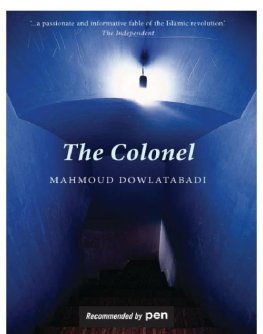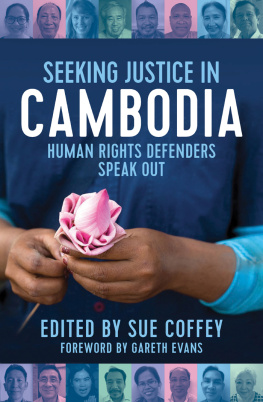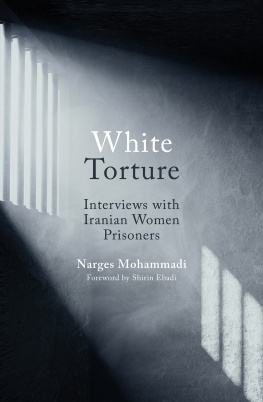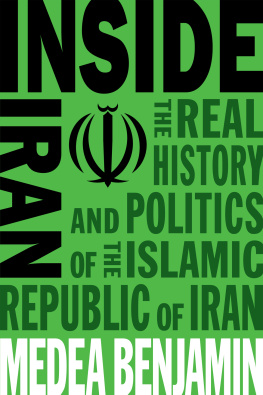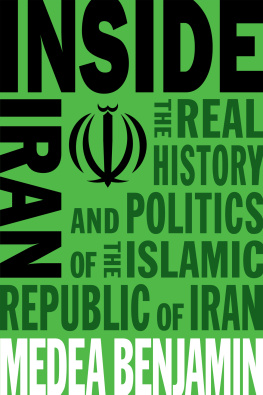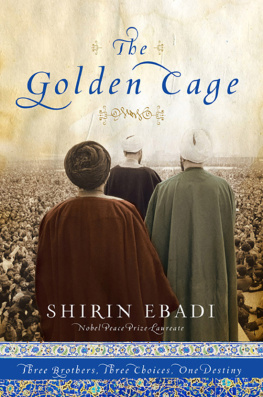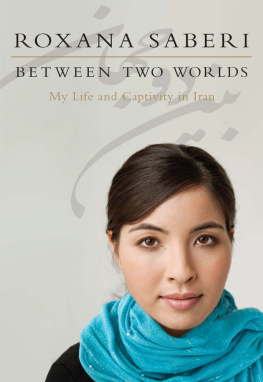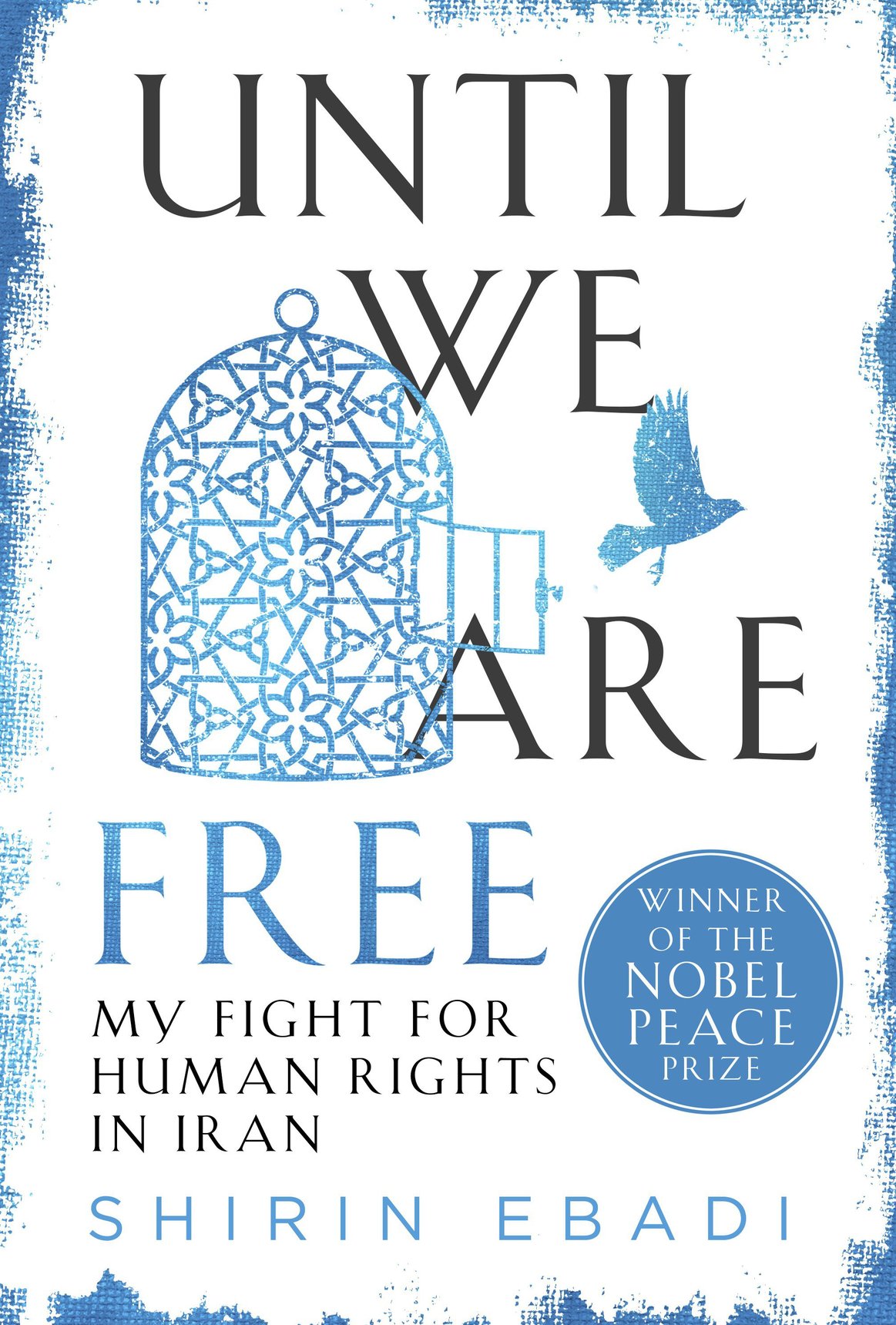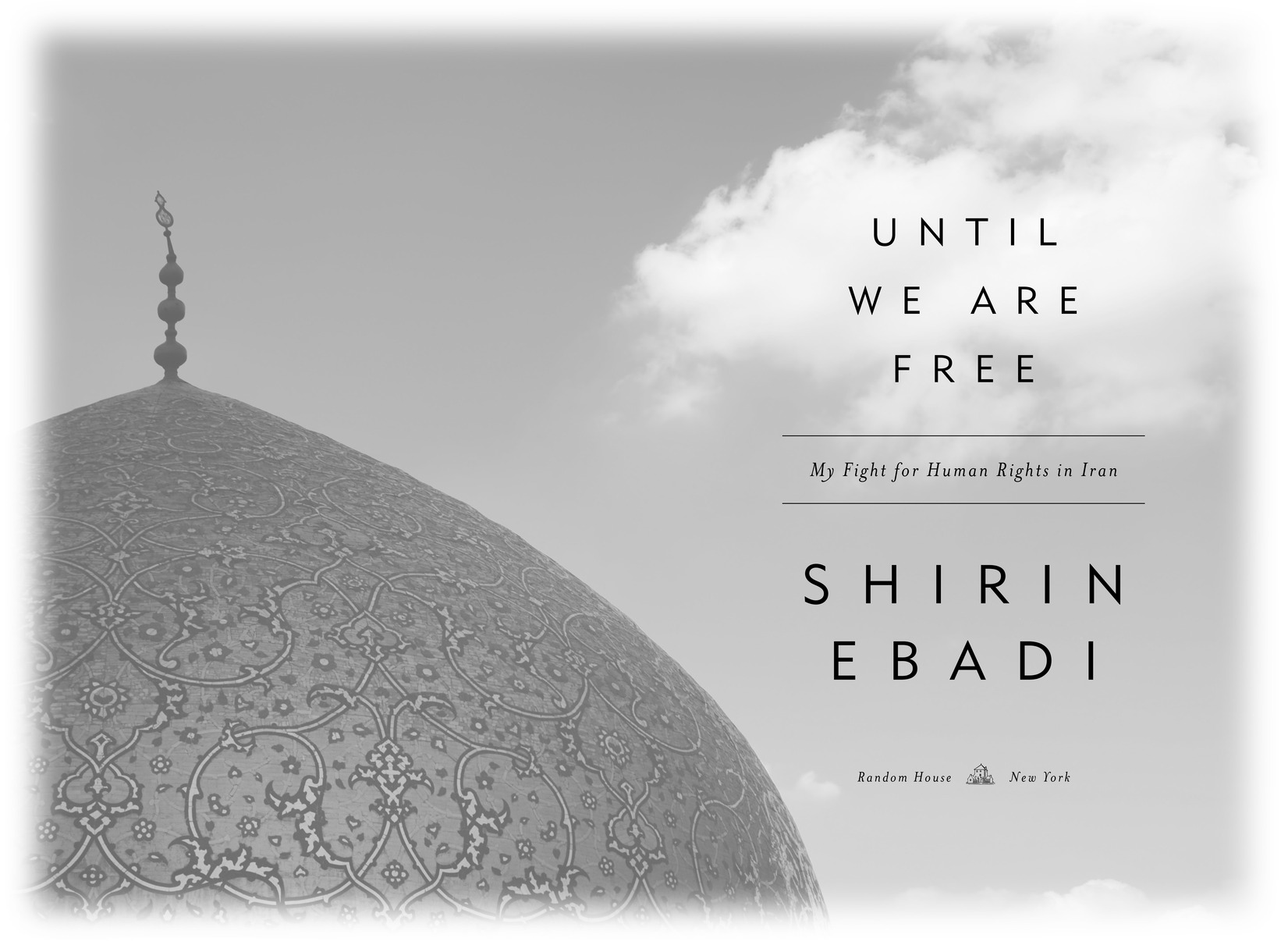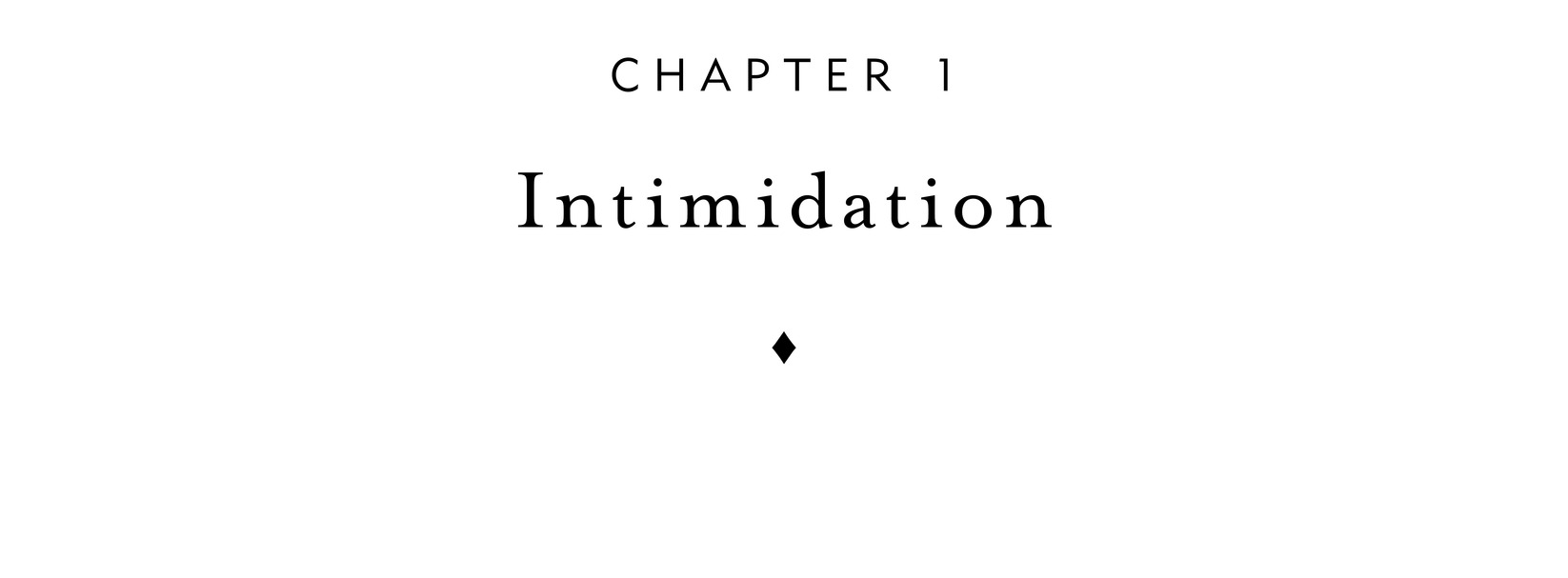Ebadi - Until we are free : my fight for human rights in Iran
Here you can read online Ebadi - Until we are free : my fight for human rights in Iran full text of the book (entire story) in english for free. Download pdf and epub, get meaning, cover and reviews about this ebook. City: New York, year: 2016, publisher: Random House, genre: Politics. Description of the work, (preface) as well as reviews are available. Best literature library LitArk.com created for fans of good reading and offers a wide selection of genres:
Romance novel
Science fiction
Adventure
Detective
Science
History
Home and family
Prose
Art
Politics
Computer
Non-fiction
Religion
Business
Children
Humor
Choose a favorite category and find really read worthwhile books. Enjoy immersion in the world of imagination, feel the emotions of the characters or learn something new for yourself, make an fascinating discovery.

Until we are free : my fight for human rights in Iran: summary, description and annotation
We offer to read an annotation, description, summary or preface (depends on what the author of the book "Until we are free : my fight for human rights in Iran" wrote himself). If you haven't found the necessary information about the book — write in the comments, we will try to find it.
For years the Islamic Republic tried to intimidate Ebadi, but after Mahmoud Ahmadinejad rose to power in 2005, the censorship and persecution intensified. The government wiretapped Ebadis phones, bugged her law firm, sent spies to follow her, harassed her colleagues, detained her daughter, and arrested her sister on trumped-up charges. It shut down her lectures, fired up mobs to attack her home, seized her offices, and nailed a death threat to her front door. Despite finding herself living under circumstances reminiscent of a spy novel, nothing could keep Ebadi from speaking out and standing up for human dignity.
But it was not until she received a phone call from her distraught husbandand he made a shocking confession that would all but destroy her familythat she realized what the intelligence apparatus was capable of to silence its critics. The Iranian government would end up taking everything from Shirin Ebadiher marriage, friends, and colleagues, her home, her legal career, even her Nobel Prizebut the one thing it could never steal was her spirit to fight for justice and a better future. This is the amazing, at times harrowing, simply astonishing story of a woman who would never give up, no matter the risks. Just as her words and deeds have inspired a nation, Until We Are Free will inspire you to find the courage to stand up for your beliefs.
Praise for Until We Are Free
Ebadi recounts the cycle of sinister assaults she faced after she won the Nobel Prize in 2003. Her new memoir, written as a novel-like narrative, captures the precariousness of her situation and her determination to stand firm.The Washington Post
Powerful . . . Although [Ebadis] memoir underscores that a slow change will have to come from within Iran, it is also proof of the stunning effects of her nonviolent struggle on behalf of those who bravely, and at a very high cost, keep pushing for the most basic rights.The New York Times Book Review
Shirin Ebadi is quite simply the most vital voice for freedom and human rights in Iran.Reza Aslan, author of No god but God and Zealot
Shirin Ebadi writes of exile hauntingly and speaks of Iran, her homeland, as the poets do. Ebadi is unafraid of addressing the personal as well as the political and does both fiercely, with introspection and fire.Fatima Bhutto, author of The Shadow of the Crescent Moon
I would encourage all to read Dr. Shirin Ebadis memoir and to understand how her struggle for human rights continued after winning the Nobel Peace Prize. It is also fascinating to see how she has been affected positively and negatively by her Nobel Prize. This is a must read for all.Desmond Tutu
A revealing portrait of the state of political oppression in Iran . . . [Ebadi] is an inspiring figure, and her suspenseful, evocative story is unforgettable.Publishers Weekly (starred review)
Ebadis courage and strength of character are evident throughout this engrossing text.Kirkus Reviews
Ebadi: author's other books
Who wrote Until we are free : my fight for human rights in Iran? Find out the surname, the name of the author of the book and a list of all author's works by series.

